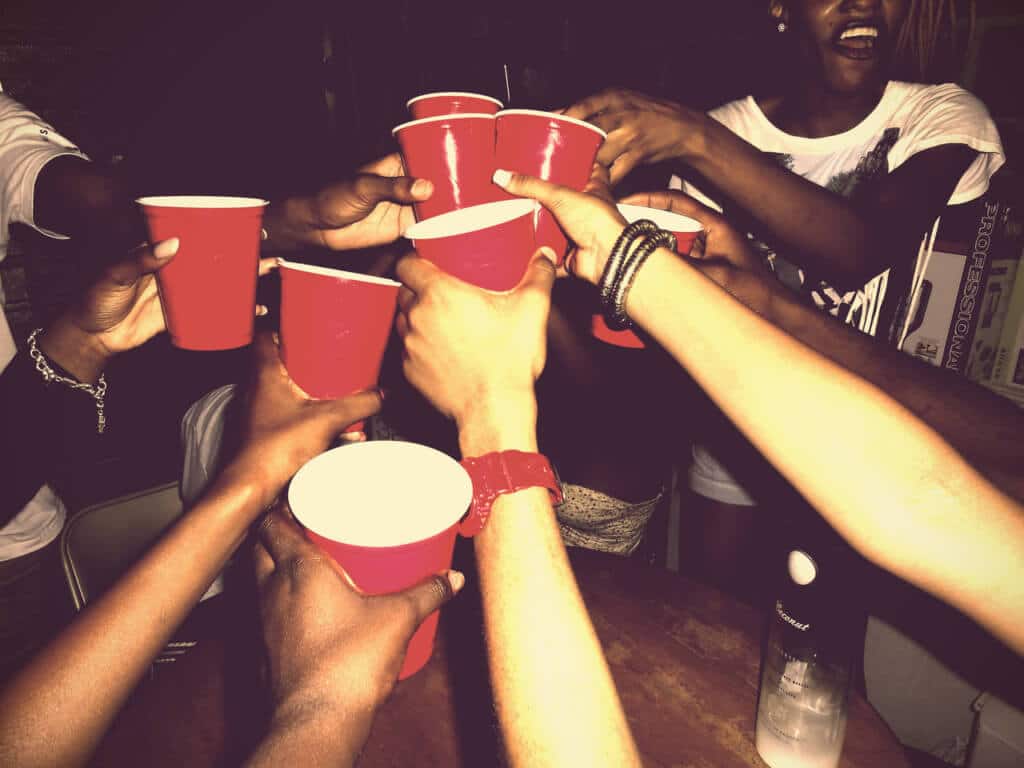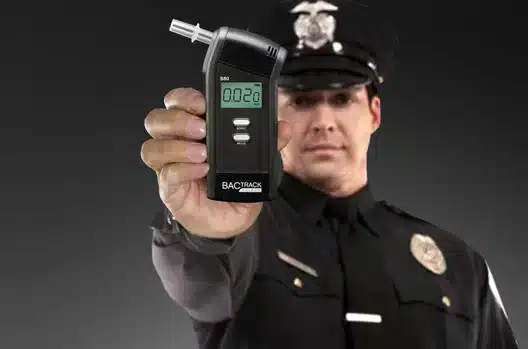Drinking at parties has become a social norm and has such become widely accepted. A party without alcohol would be popularly regarded as “whack”.
So, how long does alcohol stay in your urine? Let’s find out.

Alcohol is an intoxicating ingredient usually found in wine, beer, or spirit. Intoxicated can also mean drunk. It is possible to drink alcohol without getting drunk, as what matters is the quantity that is taken.
Alcohol was discovered to have the potential to give one a heightened and somewhat false reality, which has led to its popularity.
It would be ignorant and blasphemous of me to say that it provides zero positive effects. These effects, however temporary, can be so satisfying and addictive. Hence, alcohol addiction.
Some of these effects include:
- Improving one’s confidence.
- Helping people with anxiety issues
- Can help one relax
- Increases sociability
- Improves libido

Amidst all these, alcohol has been typified with a lot of negative vibes. This is due to the many wrong decisions it can lead people to take. When one is intoxicated or drunk, most actions you take are not of your volition. You are under the influence and this can lead you into trouble.
With this knowledge, most formal organizations have banned or forbidden its use on their grounds. Unexplainable mistakes can be attributed to alcohol and this can result in a lot of unwanted actions.
READ ALSO: SUBSTANCE ADDICTION AND HOW TO DEAL WITH IT
Testing Methods
Alcohol tests have become a relevant practice in our world today, especially in workplaces. For a business to run swiftly, one must ensure the diligence of their workers and their resolution to do a good job. Alcohol negates all that.
Testing methods include:
1. Urine tests
This is a common practice in this part of the world. Your urine is collected (by you, of course. I mean, who else is gonna help you pee?) and it is tested for intoxicating traces.

However, urine testing is not the most efficient form of testing, as it can yield false or skewed results due to both external and internal factors.
2. Breath tests
It is almost impossible to hide the smell of alcohol oozing from your mouth no matter how many Tom-tom or Baba Blue you lick.
Breath tests are a new testing method and are carried out with a Breathalyzer. It is common among law enforcement agencies because of its portability and efficiency.

3. Saliva tests
Your saliva can be a huge tattletale when you consume even the smallest amount. You don’t have to consume a considerable concentration before you get caught.
As little as it might be, your saliva can expose you.
4. Blood tests
This is the most accurate method of testing available. When alcohol gets into the body, less than 50% is stored in the blood and the rest goes into the small intestine.
All these testing mechanisms are used independently because of how long it stays in the parts of the body e.g blood, saliva, urine, and breath. The timing is different and hence the different testing methods.
READ ALSO: EASIEST WAYS TO DOUBLE PRODUCTIVITY
Duration in the human system
The length of time alcohol stays in one’s system varies on several factors:
Type
There are some alcoholic drinks with low percentages while there are others with very high percentages. These percentage difference matters when consumed because it would affect how quickly and if one gets intoxicated.
Personal Tolerance

Some people are lightweight drinkers. You give them one cup and you begin to wonder if their body has alcoholic remnants. These types of people have bodies that are genetically unable to efficiently process alcohol.
Some other people drink so much and still complain about not getting intoxicated. We call them soak aways.

It all bears down to personal tolerance and bodily differences.
Also, when the enzyme responsible for alcohol metabolism in the liver is insufficient, it can affect the way the body will process its intake.
Nature of one’s stomach
It is advisable to drink on a full stomach. When one drinks on an empty stomach, it takes lesser time for the effect to kick in. I had a terrible experience with this once and that put a stop to my alcoholic journey ever since.
Age
Younger people can metabolize alcohol faster. But as you get older, your body’s capacity to process it reduces gradually.
Little wonder why children can consume a high amount of sugar and break it down in minutes but adults can’t. Age takes a toll on everyone.
Gender

I can feel you giving me the bombastic side-eye. But listen, listen.
There is an enzyme responsible for the breakdown of alcohol in the body. It is called dehydrogenase. In women, the concentration is considerably lower than in men. This infers that women are liable to get intoxicated faster than men even when drinking the same concentration.
READ ALSO: PEER PRESSURE: HOW TO DEAL WITH IT
How long does alcohol stay in the system?
In light of these pieces of information, you know that the periods it stays in the body vary. It bears down to the body type and testing method.
- Breath: 12 – 24 hours
- Saliva: 12 – 24 hours
- Blood: 6hours or less
Note: These durations could vary depending on your BAC. BAC means Blood Alcohol Concentration.
How Long Does Alcohol Stay in the Urine?
I already stated that urine testing is not the most efficient approach. This is due to the little percentage of it that leaves the body through the bladder. Out of a hundred percent of that which you take in, just about 2 to 3 percent exits the body through urine.
Alcohol can be detected up to about 12 hours after ingestion. I reiterate that this time frame varies according to the concentration of alcohol taken in.
RELATED: Can People With Tattoos Go To Heaven?
Conclusion
Drink Responsibly!
Even brands promote this message. Consuming it in an irresponsible amount is what led to the bad name it is given today.
You can take alcohol during parties or at your leisure. Ensure to stay clear when on the job or while doing something important e.g driving.
